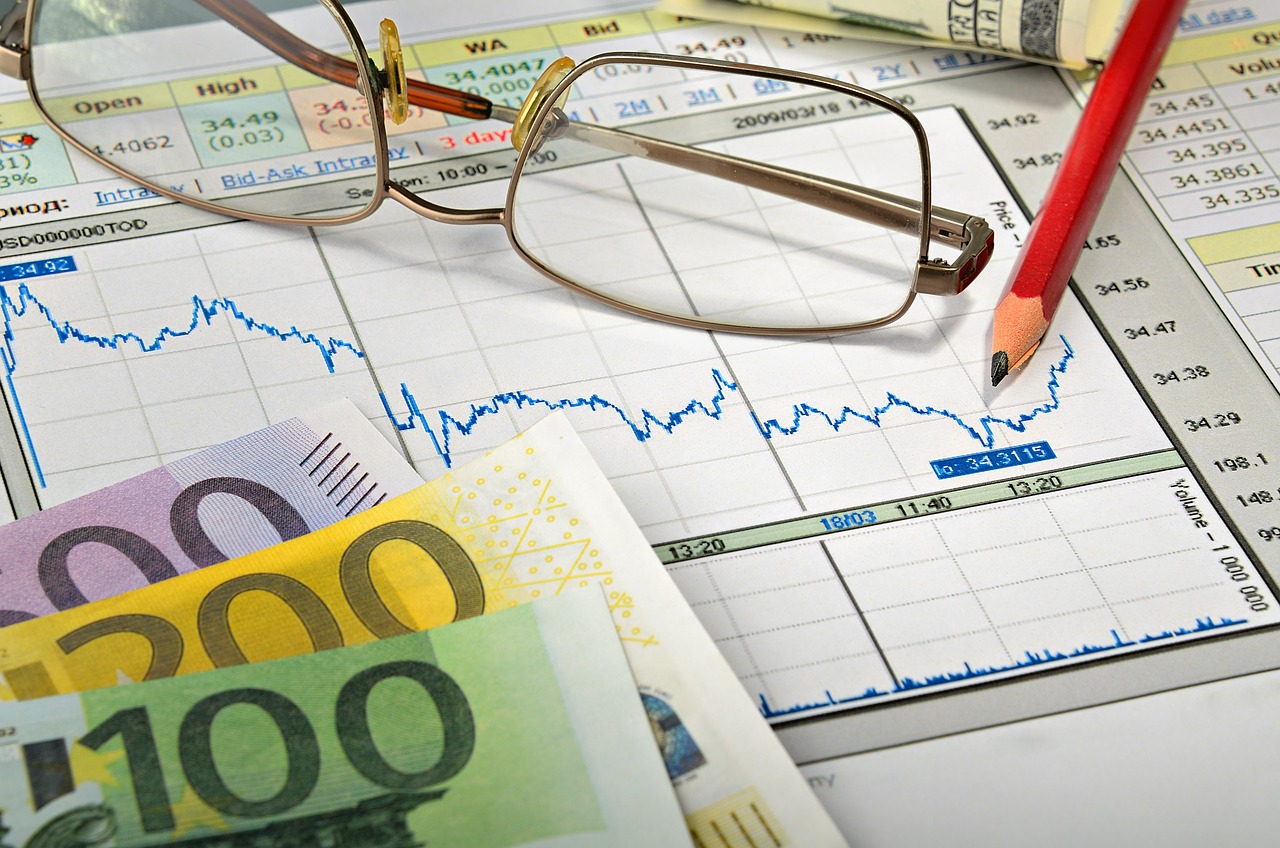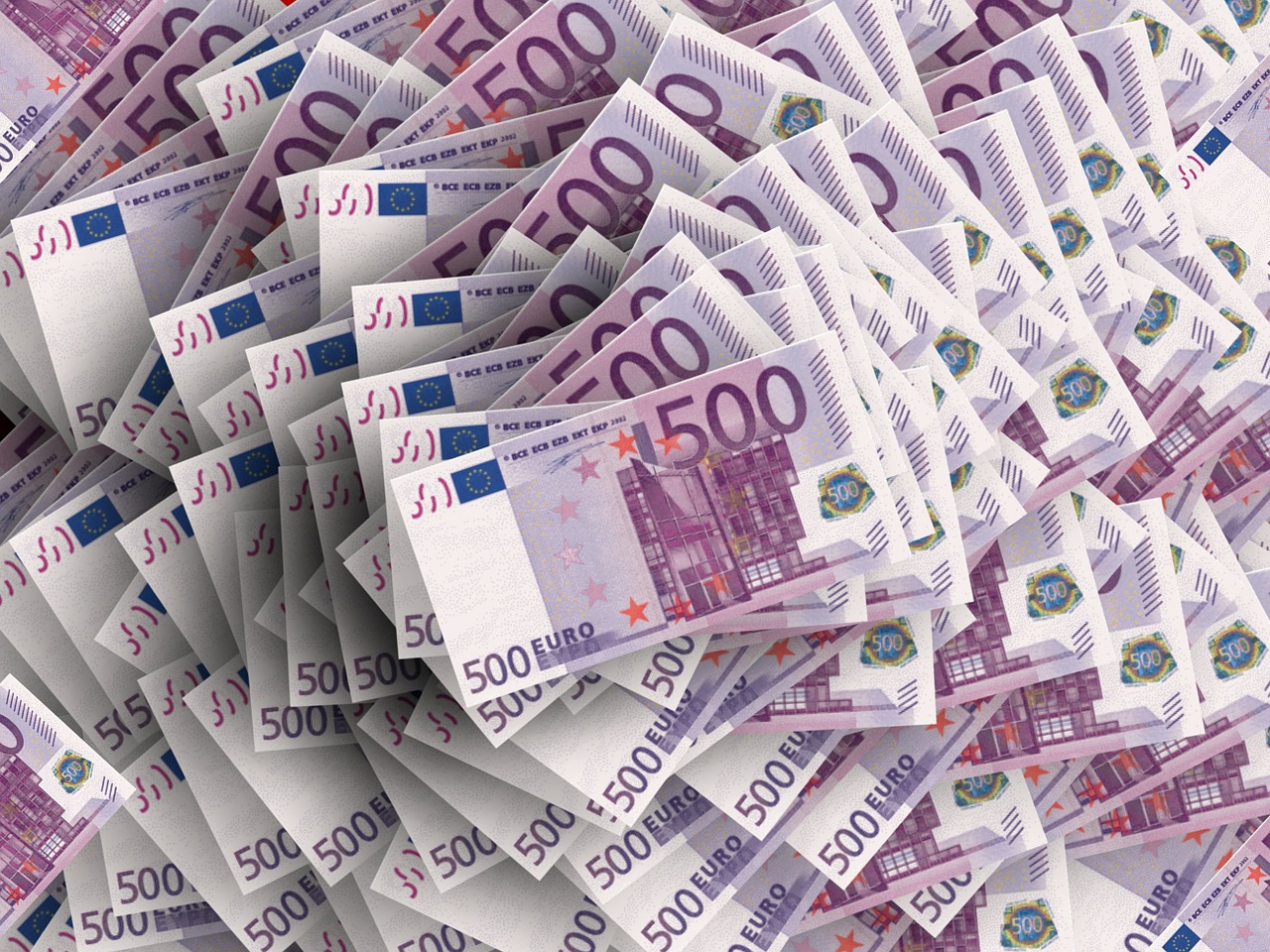How 1000 Dollars Converts to Naira: Exchange Rates, Channels, and Avoiding Losses in Nigeria
GPT_Global - 2025-11-20 23:01:14.0 80
How can I avoid exchange rate losses when converting 1000 dollars to naira?
When sending money internationally, one of the major concerns for senders is avoiding exchange rate losses. If you're converting 1000 dollars to naira, fluctuations in the exchange rate can significantly impact the amount your recipient will receive. To avoid losing money in the process, consider the following tips.
First, it’s essential to choose a reliable remittance service with competitive exchange rates. Remittance businesses often offer better rates than traditional banks. Compare rates from different providers to ensure you get the best deal. Additionally, some remittance companies allow you to lock in the rate before the transaction is completed, which helps protect you from any sudden rate changes.
Another strategy is to monitor exchange rate trends. If you're sending money regularly, timing your transfer to coincide with favorable exchange rates can help minimize losses. You might also want to consider using forward contracts to secure a fixed exchange rate in advance.
Lastly, look for companies that charge low fees or provide fee transparency. Sometimes, high fees can offset any benefits gained from a good exchange rate. By following these steps, you can protect yourself from exchange rate losses and ensure your recipient gets the most value from your 1000 dollars.
What are the official channels to exchange 1000 dollars to naira?
When looking to exchange 1000 US dollars to Nigerian Naira, there are several official channels available for a seamless and secure transaction. These methods are trusted by individuals and businesses alike for remittances, ensuring the best value for money and compliance with financial regulations.
One of the most popular and widely used channels is through commercial banks. Major Nigerian banks such as Access Bank, First Bank, and Zenith Bank offer competitive exchange rates for foreign currency exchange. Most banks provide both in-branch and online services for dollar-to-naira conversions, making the process quick and convenient for customers.
Another trusted channel is Bureau de Change (BDC) operators, licensed by the Central Bank of Nigeria (CBN). These operators are authorized to exchange foreign currency, and many people prefer them for personal and business transactions due to their flexibility and ease of access in various cities across Nigeria.
Additionally, remittance services like Western Union, MoneyGram, and PayPal also offer ways to send money from abroad, with Naira disbursements at partner agents. These services typically provide fast transfers with varying exchange rates and fees.
It's essential to stay informed about exchange rates and any potential fees before making a transaction. Always choose official channels to ensure transparency and security when exchanging foreign currency.
What would happen to the value of 1000 dollars if the naira depreciates further?
As the Nigerian naira continues to depreciate, the value of foreign currencies, such as the US dollar, becomes more significant for individuals and businesses involved in remittances. If the naira depreciates further, the value of 1000 dollars will increase dramatically in terms of the local currency. This means that Nigerians receiving remittances from abroad will get more naira for the same amount of US dollars, making it a favorable situation for recipients.
For businesses in the remittance sector, this depreciation presents both challenges and opportunities. On the one hand, the lower value of the naira means higher costs for remittance service providers when transferring money from Nigeria to other countries. On the other hand, it can attract more people looking for better exchange rates, which may increase demand for remittance services.
However, if the naira continues to lose value, inflationary pressures will rise, impacting purchasing power and potentially reducing the overall amount people can save. For businesses looking to capitalize on this shift, adapting to the changing currency landscape and offering competitive rates will be crucial for success in the Nigerian remittance market.
How long does it take to convert 1000 dollars to naira using mobile money services?
Converting 1000 dollars to naira using mobile money services has become increasingly popular due to its convenience and speed. The exact time it takes depends on the mobile service provider and the method used for the transaction. On average, the process can be completed within minutes, especially with popular platforms like PayPal, WorldRemit, or TransferWise (now Wise). These services allow quick currency conversion from USD to NGN (Nigerian Naira), usually within 1 to 2 hours, but in some cases, transfers can take up to 24 hours depending on network congestion and regulatory checks.
Mobile money services offer competitive exchange rates and low transaction fees compared to traditional banks, making them a preferred choice for sending money across borders. While the process is generally fast, it is advisable to check the mobile money service provider's estimated delivery time and fees before initiating a transfer. Ensuring the receiver’s account details are correct also plays a crucial role in avoiding delays and errors in the transfer process. For a seamless experience, using a reliable service that supports fast and secure transfers is essential.
What is the most common rate used for converting 1000 dollars to naira in everyday transactions?
```htmlIn the world of remittance, knowing the most common exchange rate for converting U.S. dollars to Nigerian naira is crucial for both senders and recipients. For everyday transactions, the exchange rate fluctuates depending on the market conditions and the service provider. However, the most commonly used rate for converting $1,000 into naira typically ranges from 750 to 800 naira per dollar in regular remittance services.
This rate is often used by both banks and money transfer operators like Western Union and MoneyGram. These platforms provide a secure and efficient way for Nigerians abroad to send money home. It's important to note that rates can vary slightly depending on the location and time of transaction, so it’s always wise to check with your remittance provider for the exact rate.
Exchange rates for remittances are impacted by global economic trends, inflation, and local demand for foreign currency. While the central bank of Nigeria influences official rates, the parallel market often drives the rate seen in everyday transactions. To get the best deal, always compare rates from different providers and consider transaction fees before sending money abroad.
```
About Panda Remit
Panda Remit is committed to providing global users with more convenient, safe, reliable, and affordable online cross-border remittance services。
International remittance services from more than 30 countries/regions around the world are now available: including Japan, Hong Kong, Europe, the United States, Australia, and other markets, and are recognized and trusted by millions of users around the world.
Visit Panda Remit Official Website or Download PandaRemit App, to learn more about remittance info.



